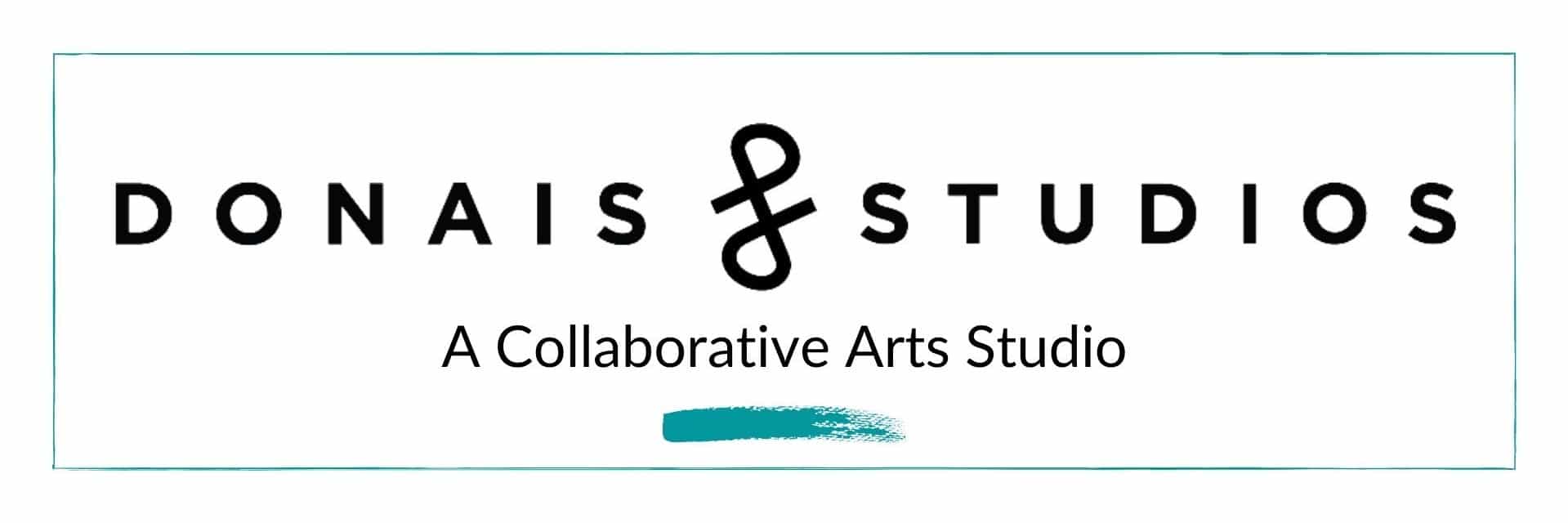Can you relate to any of these statements?
“I’m tone deaf.”
“I can’t carry a tune to save my life.”
“You don’t want to hear me sing!”
“I only sing in the shower.”
“I couldn’t sing my way out of a paper bag.”
(If you can’t relate, you definitely have heard a friend or colleague share these sentiments.)
You may in fact believe that you are “tone deaf”, however, it’s highly unlikely!
The condition of “tone deafness” or in medical terms, “amusia” is a very rare and complex condition affecting neuronal pathway connectivity in the brain.
Amusia is a pitch processing and music perception disorder. There are two main classifications of amusia: congenital amusia, which is a music processing anomaly present from birth and acquired amusia, which occurs as a result of a brain injury after birth.
Congenital amusia affects approximately 4% of the population and affects males and females equally.
If you can hear that the pitch you are producing doesn’t match the pitches or sounds of those around you, you are not tone deaf! Sorry to be the bearer of bad (…or perhaps, good) news;)
Brain studies of individuals with amusia have shown that there are abnormalities in neuronal pathways resulting from connectivity deficits in the frontotemporal region of the brain or dysfunction in the frontal cortex.
Individuals with true amusia:
- are unable to perceive, enjoy or play music;
- have difficulty dancing (hearing and responding to the music with their body);
- have difficulty processing speech sounds and speech comprehension (though not always);
- are less affected by music or musical notes;
- are unable to recognize the range of emotion in vocal expression.
So, if you struggle with singing in tune, it doesn’t mean that you are tone deaf. It likely means that you haven’t had the opportunity to learn to “listen deeply” and connect the brain and body in a way that coordinates what you hear with the sound you create (perception-action).
For many, singing is a skill that needs to be learned and studied, just like any other skill.
Yes, even YOU can learn to sing!
Learning to sing is akin to going to the gym. You need to learn how to coordinate the body and the brain to create the muscular and tonal definition you desire.
I was a school music teacher for ten years. I taught vocal music to students in junior kindergarten through grade 3 as well as grades ten through twelve. When students joined my program in kindergarten, very few could sing in tune. There was a lot of shouting, and a lack of awareness for pitch recognition or pitch-matching. Not surprising. Four year olds have more exciting things on their minds than matching pitch or singing in tune! With careful and thoughtful curriculum design and a teacher who cared deeply about how her students FELT about their voice; by the time they left my program in Grade 3, EVERY STUDENT could sing in tune using a healthy and efficient singing voice. Were the students aware of this? No, probably not. Music and singing was simply fun. But, they had the tools to be confident and expressive singers. This level of confidence and self-awareness carried into other areas of their lives, not just the music classroom. THIS is the power of music.
Huh. This is interesting information, Andrea, but what should I do with it?
- The first step is making peace with your voice. You have a beautiful and unique voice that needs to be shared. You may have experienced negative or unkind feedback as a child, being labeled as the ‘kid who can’t sing’. You may just have been slower to build the pitch perception relationship and not given the right tools to succeed. You can learn to sing.
- Believe that you can learn to sing with the RIGHT support and tools. Research has shown that only 4% of the population is truly tone deaf. So, you too, can learn to sing.
- Register for voice lessons or a group voice class that recognizes the special brain-body connection required for singing. Choose an environment that is supportive and encouraging with a focus on slow, steady progress. Not all programs are created equal.
How we FEEL about our singing voice forms a huge part of our identity. Many people hide behind labels like “tone deafness” as a form of protection and self-preservation. This is why learning to sing and feeling GOOD about your singing voice (not what others think of your voice, but what you think and feel) is so important.
Our Mini Maestros Singers program is designed to give young singers, at the age where self-identity and self-concept begin to form, a fun and engaging environment to learn to LOVE their voice. We give our young singers the tools and language to sing and make music with confidence. Our Mini Maestros Singers spring session begins Monday, March 27. Give your child the opportunity to learn to sing with confidence, awareness and self-expression.
Your voice matters. Sing your heart out!
Keep singing,
Andrea “singing my way out of a paper bag” Donais
